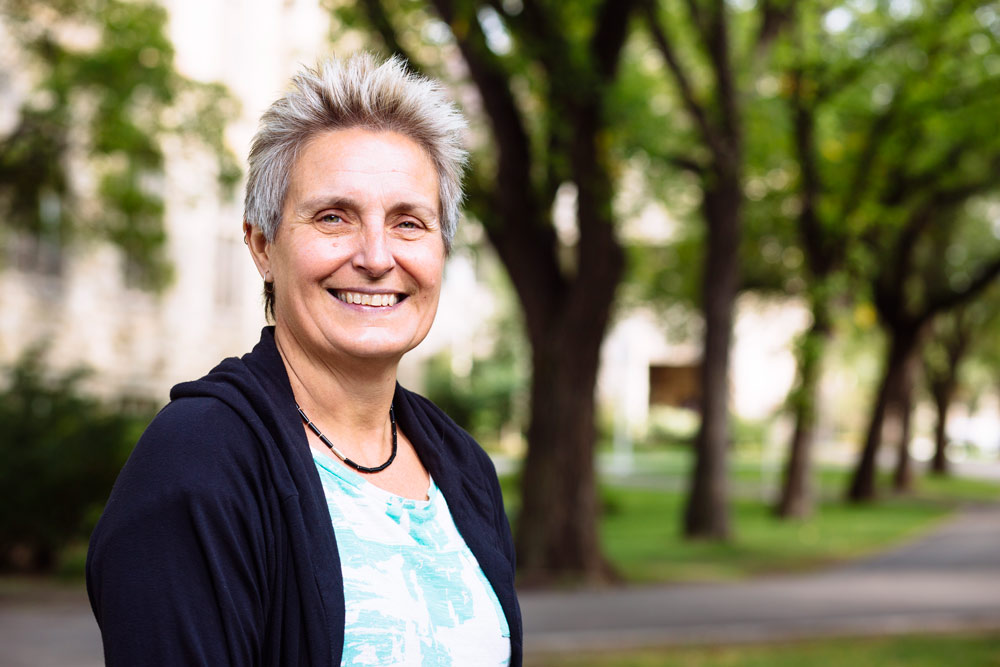HOW ARE IDEAS born? How are they expressed? Our students and faculty in the College of Arts & Science consider these questions every day from many different perspectives. We provide our students with the means to develop their own voices in classrooms, research labs, art studios, clinical settings, community partnerships, on stages in concerts and theatres, and through study abroad. Some will use their voices to communicate in different languages—French or Spanish or German here and abroad, or Indigenous languages in Saskatchewan settings. Others will find they can best express themselves through music or mathematics or astronomy or art. The amazing thing is seeing how these different languages and voices can come together to enhance and enlighten our approach to a single issue.
Students working alongside faculty are publishing groundbreaking work on everything from the history of eugenics and the world’s earliest confirmed set of human twins to the effects of environmental contaminants on the wetland ecosystem. My hope is that whether our students express themselves through the humanities, fine arts, sciences or social sciences, they will find that they reap the most interesting results when they speak across language barriers and disciplines.
Our alumni community plays a vital role in helping ideas grow into novels, computer applications, smart materials and cancer treatments. Meaningful philanthropy and mentorships with alumni allow our undergraduate and graduate students to work with emerging technology and create curiosity-driven knowledge and research—to stimulate and form new perspectives and ideas that are truly shaping the world. When I see the many modes of human expression in arts & science, I see the difference our donors and alumni make to the life of our college.
We are proud of our successes, but we still have a long way to go. The University of Saskatchewan has committed to being the right and best place for our First Nations, Métis and Inuit students, staff and faculty. This is imperative to the future prosperity of our university and province, and is a significant responsibility that the college takes very seriously. We are at work implementing the calls to action outlined in the Truth and Reconciliation Commission of Canada’s report. The college is home to nearly half of all self-declared Aboriginal students on campus and we recognize the critical role we play in creating an environment where all students feel welcome to pursue their dreams and ambitions. What our college has, and what society needs, is this diverse intermingling of languages, voices, ideas and perspectives.
